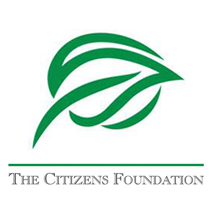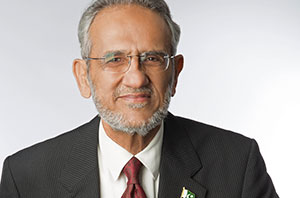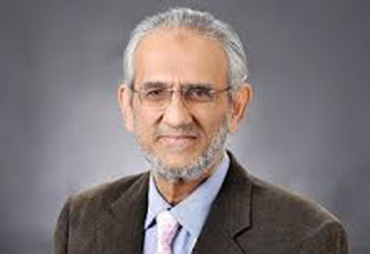
The Citizens Foundation (TCF) was set up in 1995 by a group of citizens concerned with the dismal state of education in Pakistan. It is now one of Pakistan’s leading organizations in the field of formal education. TCF has established 1,060 purpose-built school units nationwide, with an enrollment of 165,000 students. TCF encourages female enrollment and strives to maintain a 50 percent female ratio in most of its campuses. TCF has an all-female faculty of 7,700 staff members. They also have dedicated teacher training centers in Karachi and Mansehra, and they provide logistical support to all their teachers. TCF has helped create more than 11,500 jobs in the communities where it operates. TCF’s vision is to remove barriers of class and privilege and to make the citizens of Pakistan agents of positive change. They believe that access to basic education is the right of each individual and not a privilege. Apart from following the regular curriculum, TCF focuses on character building, to equip students with high moral values and confidence.
All Pakistani students receive quality primary and secondary education that empowers them to become qualified, contributing members of society. Schools incorporate gender-sensitive curriculum and structure, reinforcing a cycle of equality.
TCF has considered additional paths to scale, including various mechanisms for sharing its curriculum and methods with other schools and school systems. Agreements to take over and manage schools currently administered by provincial governments would be considered if they included guarantees of control over hiring and firing of teachers and principals.

Co-Founder and Chairman, Citizens Foundation, The
Mushtaq Chhapra is one of six friends who, in 1995, decided they would leverage their experience building companies to build a network of 1,000 schools for Pakistan's poorest, out-of-school children. The schools would be a model for what education in Pakistan could be. The group put their own money into a pilot to build 5 schools in Karachi’s worst slums that did not have electricity, sanitation, and clean water. These schools would not be ‘poor schools’ for the poor. The founders believed that poor children should go to formal schools- like the ones they went to. Today, the network has grown in size to nearly 1,500 schools and more than 200,000 students. Having exceeded the goal of building 1,000 schools, TCF is now experimenting with new partnerships and schooling models to reach 2 million children by 2030. Mushtaq Chhapra has been awarded the Sitara-e-Imtiaz, one of Pakistan's highest civilian awards. TCF has been vetted and has received accolades from: the Skoll Foundation, Schwab Foundation for Social Entrepreneurship, Clinton Global Initiative, Qatar Foundation’s WISE Awards, and the Ramon Magsaysay Award (sometimes called the “Nobel Prize for Asia”). TCF was a finalist for the OECD Development Assistance Committee (DAC) prize and won the UNESCO Confucius Prize for Literacy.

